Nowadays, essential oils are gaining traction with the general public. Many people, including me, have attested to the benefits of essential oils.
However, essential oils aren’t a modern invention, although the process of extracting the oil from the plant itself relies on modern advancements. In fact, there were several references to these liquid wonders in ancient scriptures.
Call it the placebo effect if you wish, but there’s something comforting about the fact that essential oils, which I personally love and use today, were also used during biblical times.
Take a look at how these oils were used when the Lord still wandered our lands.
Essential Oils in the Bible
As mentioned above, oils were utilized during the Biblical era. In fact, there are about 33 types of essential oils mentioned in the Scriptures. Furthermore, out of 66 books of the Bible, 46 of them cited oils and/or the plant they came from. Collectively, these 46 books bring up essential oils as well as their respective source 1,031 times.
For conciseness, I’ll only mention a few essential oils that are referenced in either the old or new Testament.
Cassia
Cassia, loosely related to cinnamon bark, was a major ingredient in the incense used in temples (Psalms 45:8). The fact that it’s commonly used in temples may point to the early signs of the oil’s cleansing properties.
Currently, Cassia essential oil is a preferred choice when practicing aromatherapy due to its anecdotal benefits:
- May address diarrhea
- Believed to be an antidepressant
- Combats rheumatism
- Boosts blood circulation
Cedarwood
Known for its durability, cedarwood was a popular material in Solomon’s famous temple (1 Kings 4:33). In addition to its durability, cedarwood oil is also said to produce a soothing and calming effect. Topically, it’s also said to promote a healthy scalp, hair, and skin.
Cistus (Rose of Sharon)
Due to its honey-like scent, cistus may be the flower referred to as the Rose of Sharon (Song of Solomon 2:1). Cistus is mainly used as a spiritual oil and an aid to meditation as it can promote reflection and self-awareness.
Cypress
The cypress tree, which is where cypress oil is extracted, is so durable that the doors of St. Peter’s Basilica in Rome maintain their structure even after 1,200 years (Isaiah 44:14). Along with the tree’s durability, the oil itself possesses an evergreen aroma, allowing users to have a secure and ground ambiance. It’s also beneficial for the skin, hair, and scalp.
Frankincense
Levonah, which is the Hebrew word for Frankincense – the most recognizable substance in the Bible – is mentioned 22 times (Song of Solomon 3:6). Frankincense is known for its ability to beautify the skin, promote spiritual awareness, and strengthen the immunological function. With these benefits, it’s no wonder why Frankincense has been used in religious rituals for three millennia.
Hyssop
Biblical references point to the conclusion that Hyssop was used during purification and cleansing rituals and practices (Psalms 51:7). Its fragrant scent may stimulate meditation and creativity, which is why it’s considered a sacred oil in ancient Greece, Israel, and Egypt.
Myrrh
As one of the key ingredients in Moses’s anointing oil, myrrh was important to both David and Solomon (Proverbs 7:17). By diffusing its earthy aroma, myrrh is said to enhance meditation and spiritual practices. If applied directly, myrrh may moisturize and cleanse the skin, which means that it should be a part of your daily pampering kit.
Myrtle
The Feast of Tabernacles included the branches of myrtle during its ceremony (Nehemiah 8:15). Similar to myrrh, myrtle can also promote healthy-looking skin.
Onycha
Onycha was one of the ingredients used to create the “pure and holy” perfume, which the Lord ordered Moses to make (Exodus 30:34). Due to the presence of onycha, the “pure and holy” calming, vanilla perfume can uplift the spirit when used.
Sacred Sandalwood (Aloes)
Nicodemus gifted Jesus aloes, which can be obtained from fragrant sandalwood (John 19:39). Sacred sandalwood creates a grounding aroma. When inhaled, it can help to promote self-awareness. If applied topically, it can invite young, glowing skin.
I personally find the fact that essential oils were used thousands of years ago fascinating. Unfortunately, some of their claimed benefits are still under scientific investigation, so these oils should always be used with care. My advice is to consult a professional before incorporating any type of essential oil into your daily routine. But it's amazing that we can use the same oil as they did back in those times and that they'll still have the same effect on us.
What about you? Have you used one of these Biblical oils before?







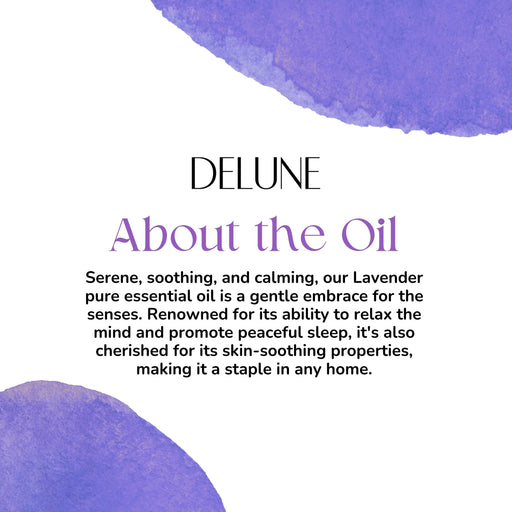
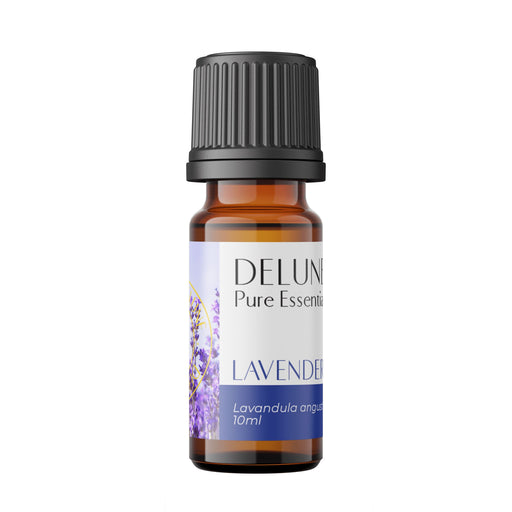
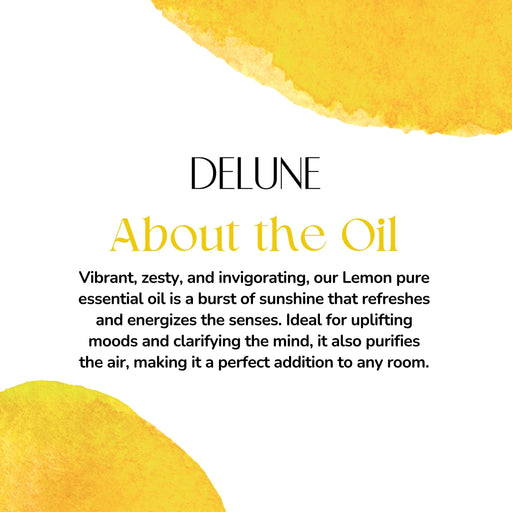
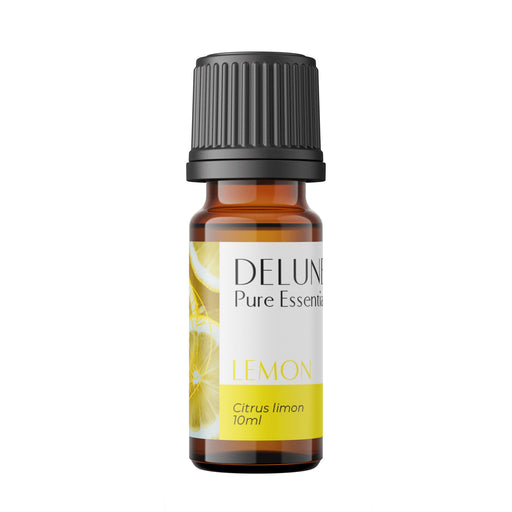
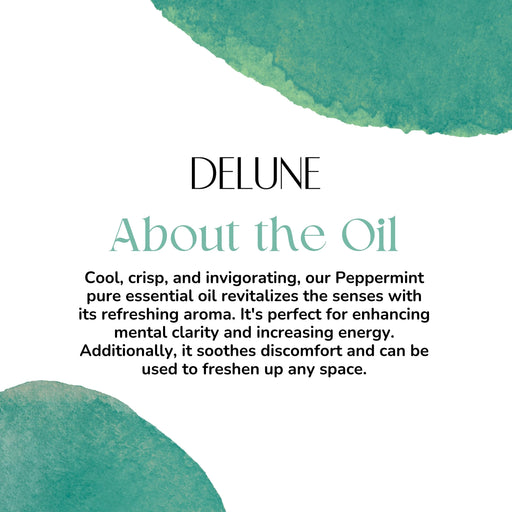
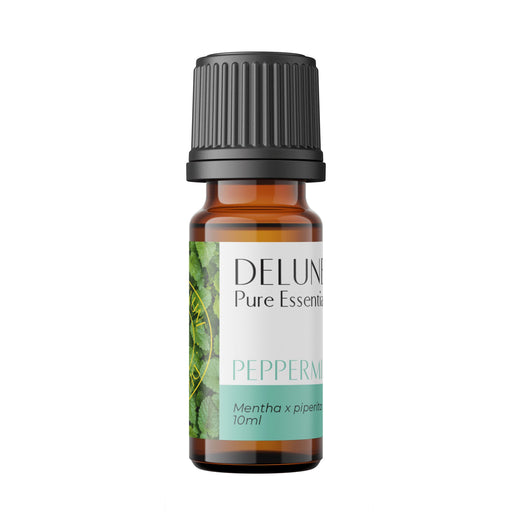
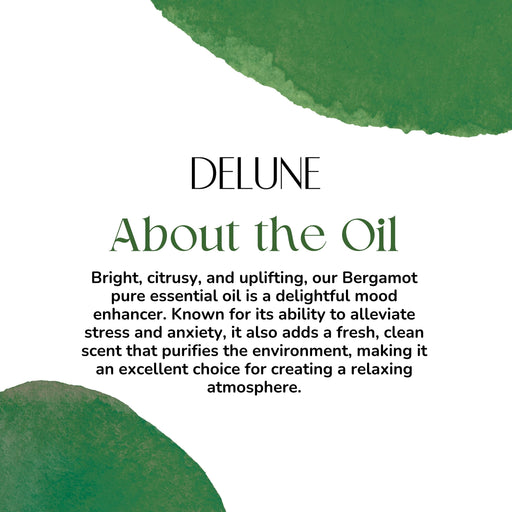
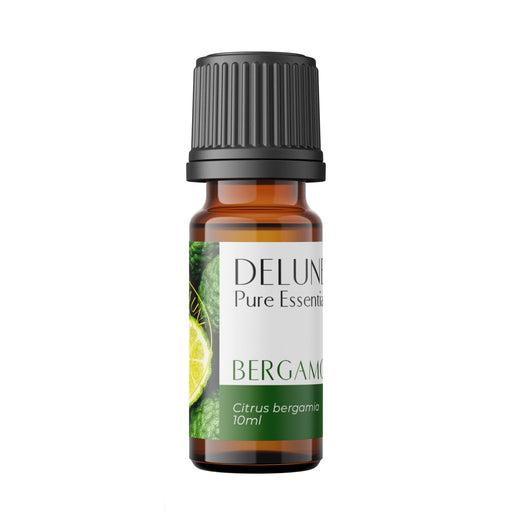
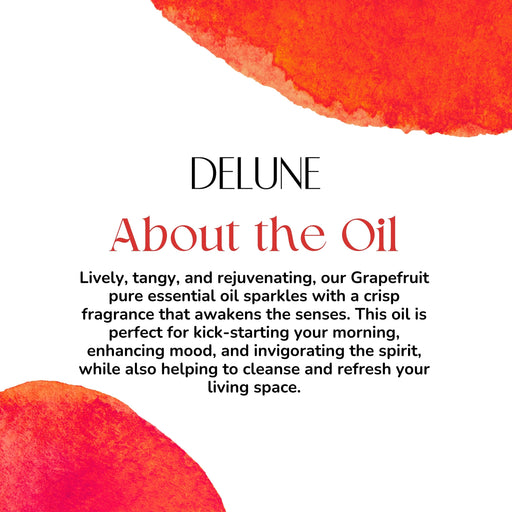
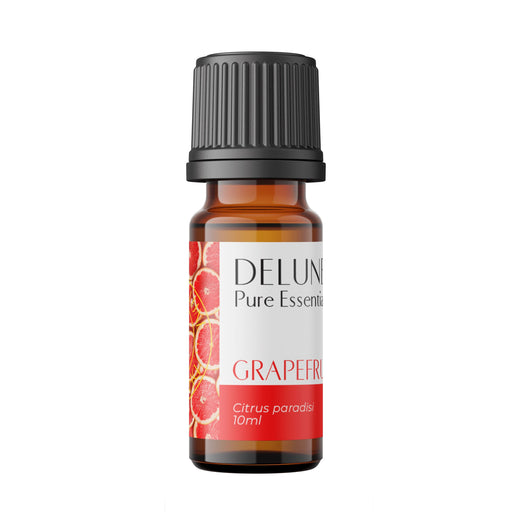
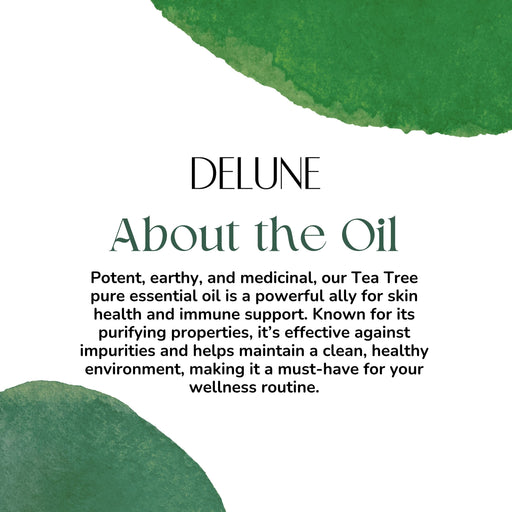
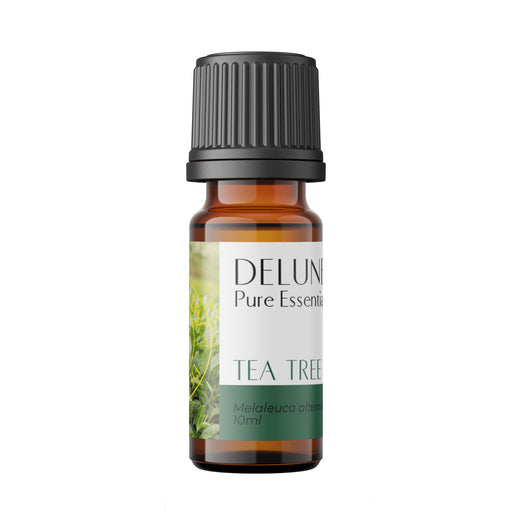
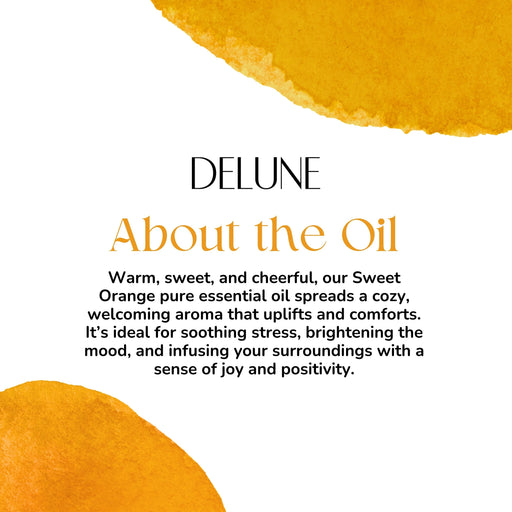
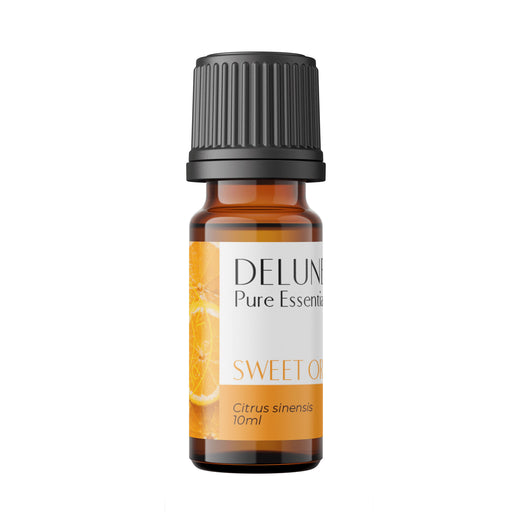
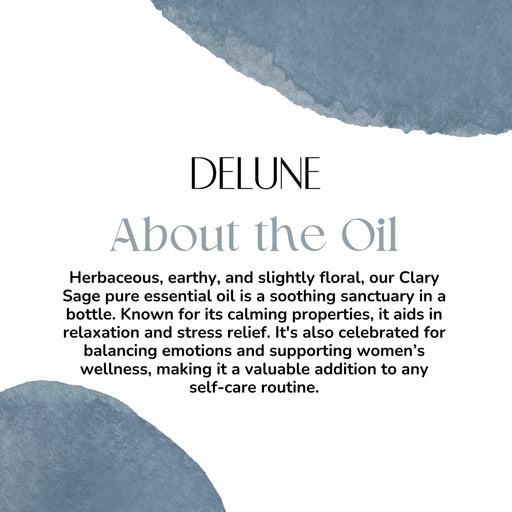
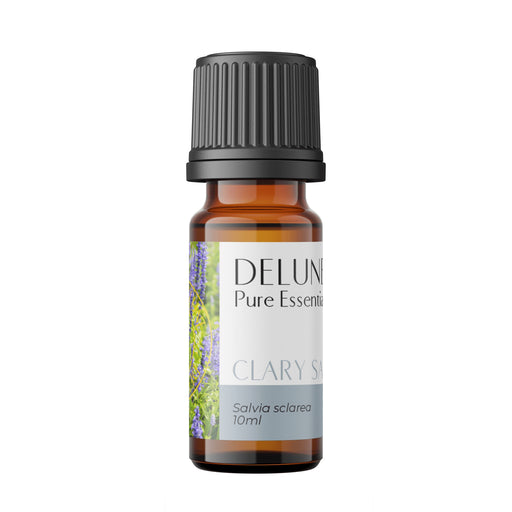
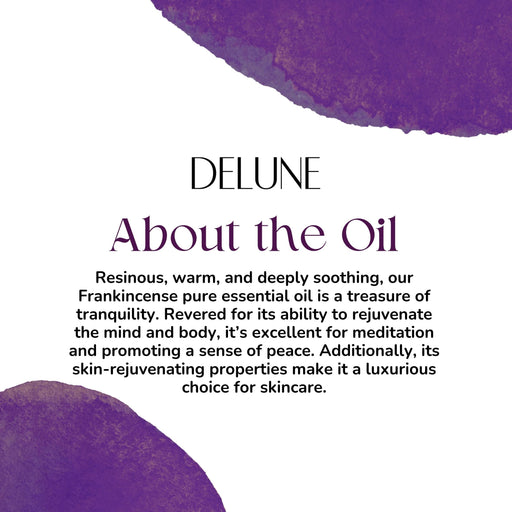
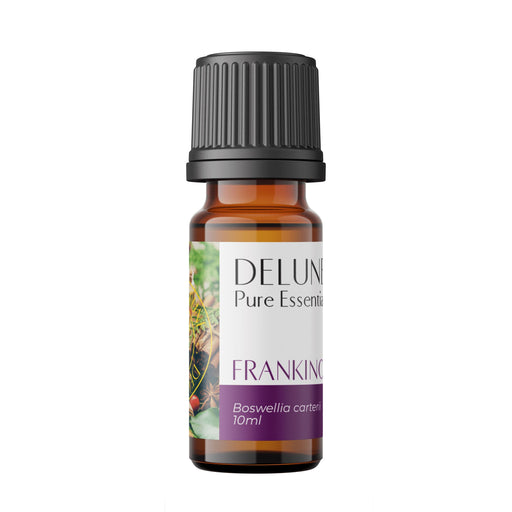
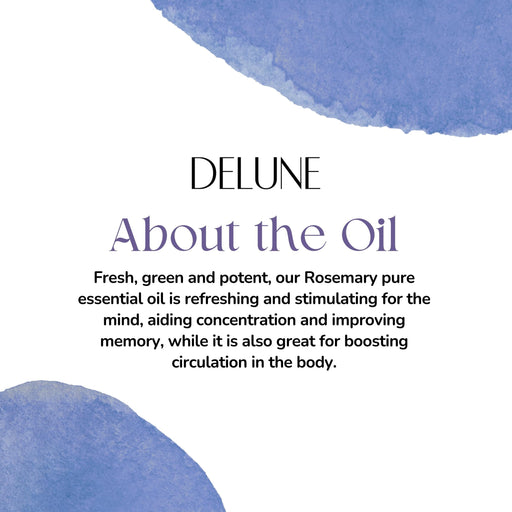
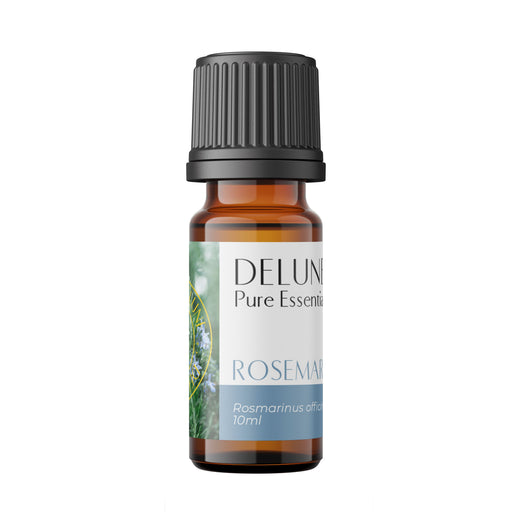
Leave a comment